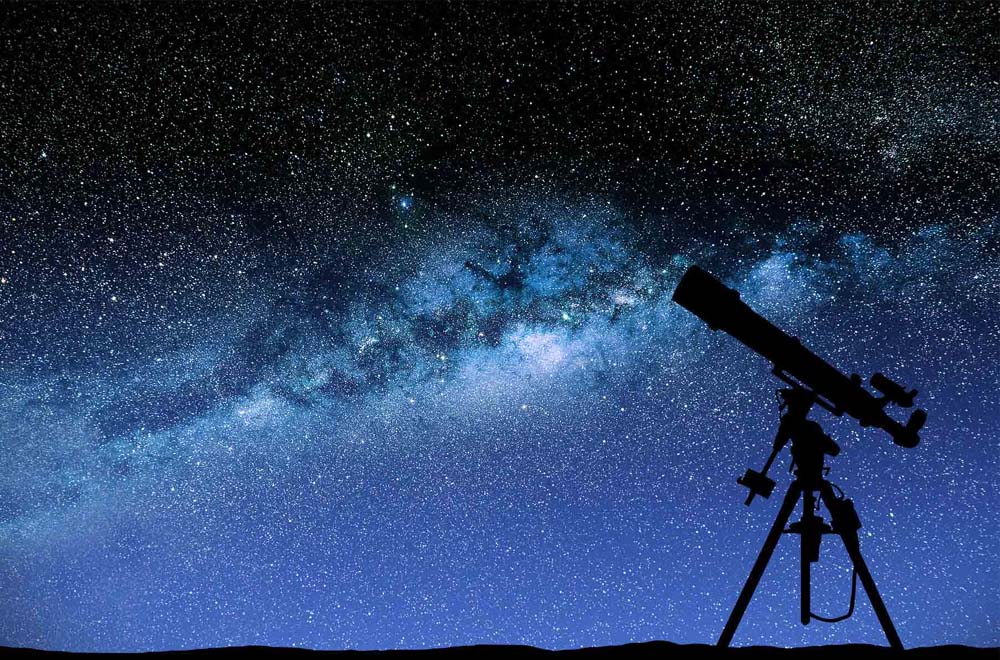Download (PDF, 3.87MB)
INTRODUCTION
Human history as cultural history
At present, history is taught as though power struggles were its most important aspect. Furthermore, the present teaching of history is an indoctrination in nationalism. We need to reform our teaching of history so that the emphasis will be placed on the gradual growth of human culture and knowledge, a growth to which all nations and ethnic groups have contributed.
This book is part of a series on cultural history. Here is a list of the other books in the series that have, until now, been completed:
• Lives in Chemistry
• Lives in Medicine
• Lives in Ecology
• Lives in Physics
• Lives in Economics
• Lives in the Peace Movement
The pdf files of these books may be freely downloaded and circulated from here.
Our enormous universe
From prehistoric times until the present, every culture has tried to explain the origin of the universe, the Sun, Moon and stars, and the Earth, with its humans, plants and animals. In the earliest of these creation myths, imaginative poetical images predominate. The myths of creation were handed down orally, and to hold the attention of listeners, the stories had to be dramatic and entertaining.
Gradually, over many thousands of years, astronomy developed, and the Earth began to loose its privileged position as the center of the universe.
During the Hellenistic Era, (323 B.C. — 31 B.C.), Aristarchus of Samos developed a sun-centered cosmology, which was forgotten during the Middle Ages, but rediscovered and further developed during the Renaissance by Copernicus, Tycho Brahe, Galileo and Kepler. The work of Isaac Newton brought order and universal natural laws into our picture of the solar system.
Finally, in modern times, the discoveries of Einstein, Hubble, Penzias and Wilson have given us a picture of an almost indescribably vast universe, in which our solar system appears only as an insignificant speck. Today we are “lost in the stars”. Our planet no longer seems to be the center of the universe, about which everything else revolves. Nevertheless, the Earth is our home, and it is enormously important not only to all humans, but also to the plants and animals with which we share the gift of life. The Earth may be just a small blue speck drifting in the dark immensity of space, but it is our home, and we must work with courage and dedication to care for it.
We must give our children a future world in which they can survive.
Read the entire book above or download it here.
We thank John Scales Avery, a renowned intellectual, EACPE board member, and theoretical chemist at the University of Copenhagen, for giving us permission to reproduce his latest book for EACPE.


